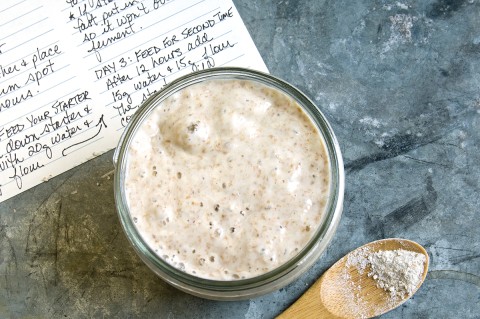The gift of nurturing small things during isolation
What deep desire do my sourdough starter and jade clippings represent?

There were six babies born in our congregation last year, including mine, and then two more early this year. As the director of family ministries in a medium-sized church in a denomination that’s mostly gray, I’ve found this to be something to celebrate.
Now we as a community miss seeing the babies grow. I miss standing in the pews, bouncing our babies strapped to us in their carriers, whispering, “He’s getting so big!” I miss the grandmothers eager to give my arms a break from holding him. I miss commiserating over teething and sleepless nights and cradle cap, being with other parents also consumed by caring for their tiny beings.
The beauty of a baby is meant to be shared. When you have a baby, people stop you in the street to peer into your stroller and see. It nourishes most of us to see babies we know as well as babies we don’t know.





